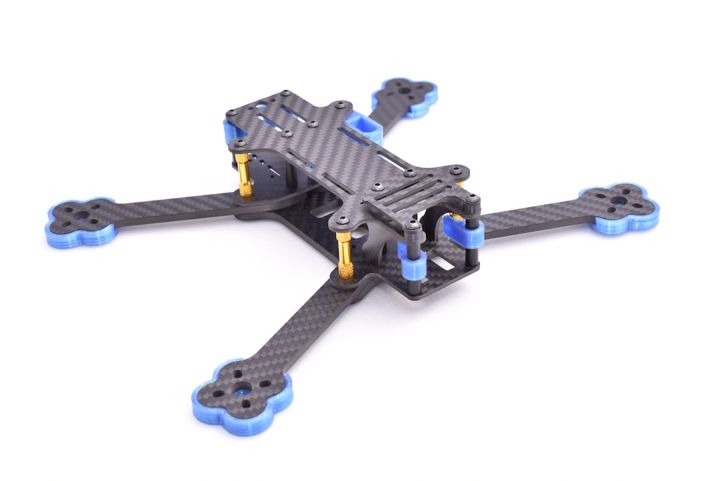What’s the Importance of Escs in Rc Aviation?
RC aviation has come a long way in recent years, with advancements in technology making it easier than ever for hobbyists to take to the skies with their remote-controlled aircraft. One crucial component that plays a significant role in the performance of these aircraft is the Electronic Speed Controller (ESC). In this article, we will explore the importance of ESCs in RC aviation and how they contribute to the overall experience of flying.
Enhanced Motor Control
One of the primary functions of an ESC is to regulate the speed of the motor in an RC aircraft. By receiving signals from the transmitter, the ESC can control the power sent to the motor, allowing for precise speed adjustments. This enhanced motor control is crucial for achieving smooth takeoffs, landings, and maneuvers during flight. Whether you’re performing aerobatics or simply cruising through the air, having a reliable and responsive ESC can make all the difference in the control and stability of your aircraft.
Battery Efficiency
Another critical role that ESCs play in RC aviation is managing the power supply from the battery to the motor. ESCs are designed to optimize the power output, ensuring that the motor receives the appropriate voltage and current for efficient operation. By efficiently utilizing the power source, ESCs can extend the flight time of an RC aircraft, allowing hobbyists to enjoy longer flights without frequent battery changes. This is particularly important for those who engage in competitive flying or aerial photography, where every minute in the air counts.
Safety and Protection
When it comes to RC aviation, safety should always be a top priority. ESCs play a crucial role in ensuring the safe operation of RC aircraft. Many modern ESCs come equipped with built-in safety features such as overheat protection, low voltage cutoff, and motor stall protection. These features help prevent damage to the battery, motor, and ESC itself. In the event of a potential issue, such as excessive heat or low battery voltage, the ESC will automatically reduce power or shut down to prevent further damage. This not only protects your equipment but also promotes safer flying practices.
Compatibility and Customization
One of the significant advantages of using ESCs in RC aviation is their versatility and compatibility with various aircraft. ESCs are available in a wide range of sizes, current ratings, and features to suit different types of RC aircraft. Whether you’re flying a small park flyer or a large-scale model, there is an ESC available to meet your specific needs. Additionally, ESCs can be programmed and customized to fine-tune the throttle response, braking, and other parameters to match your flying style.
Conclusion: Taking Flight with ESCs
In the world of RC aviation, the Electronic Speed Controller (ESC) plays a vital role in enhancing the performance and overall flying experience. From enhanced motor control and battery efficiency to safety features and customization options, ESCs are essential for hobbyists looking to take their RC aircraft to new heights. Whether you’re a beginner or an experienced pilot, investing in a high-quality ESC can make a significant difference in the enjoyment and success of your flights. So next time you take to the skies with your RC aircraft, remember the importance of ESCs in making it all possible.







